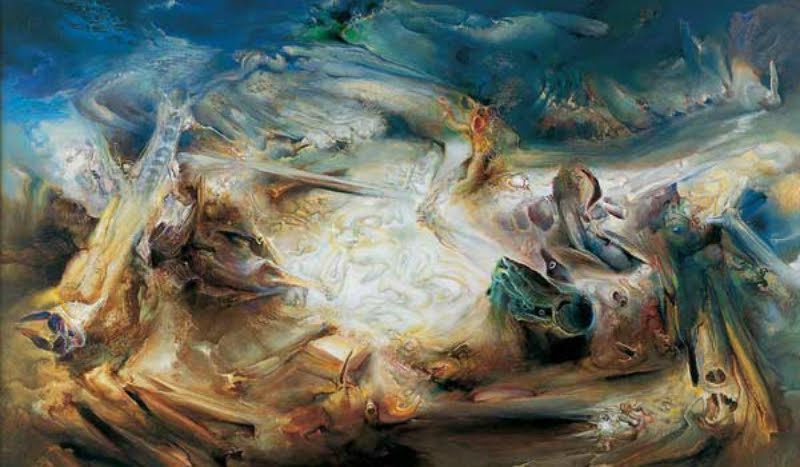Transmedia Storytelling
What spurred me to start this blog was the enthusiam I had recently when I finally found other people talking about these same narrative ideas. I'd been thinking about how stories are told in contemporary media for a couple of years, and came up with the term 'disembodied narrative' for my own reference and understanding of the concept I'm getting to grips with. Of course, trying to find others interested in a similar idea is difficult if you don't know the right terminology, but I found it hard to believe that I could be the only looking at narrative in this way.
I wasn't, and it was quite exciting to find that academics have been talking about something called 'Transmedia Storytelling' for a couple of years now. It's a relatively new area of study, but it hits the nail on the head. Henry Jenkins, author of the book 'Convergence Culture' (which I really must read now) has a great blog on which he frequently discusses transmedia, in particular he offers a great introductory explanation of transmedia storytelling. He identifies many of the key ideas I considered part of disembodied narratives, particularly defining them as having 'no one single source or ur-text', which is the source of all information. He gives The Matrix universe as the example of this, although I would have to disagree on that point. Having other sources of narrative information, as many not-so-transmedia stories in our culture do, is not enough to undermine the status of an 'ur-text'. With Jenkin's example of The Matrix I would say the first film is the ur-text, even though there is plenty of other narrative information to be found in other matrix media. The reason is two fold - firstly because the film was the primary and main conception of the narrative, and where produced as the primary product (and income source), with all other matrix media seen as ancillary, even promotional product for the films. It was only after the success of the first matrix film that the franchise became transmedia. Secondly, this primacy of the films, at least in a commercial sense, does translate in to a cultural perception of the films as the more authentic source of narrative, esteemed by virtue of their greater marketing budgets, as the 'true' Matrix story. In other words, the Matrix film is still the ur-texts of the universe.
A true disembodied narrative would be created when not only the artistic, but also the commercial producers conceive of the narrative across multiple media as a unified whole, right from the conception, with none of the elements seen as merely promotion for others. I think what we have at the moment is transmedia narratives, but a disembodied narrative would have no original, initiating text - ie it's innately and neccessarily transmedia right from inception. We're close to that happening, but I'm not entirely sure we are there yet.

0 comments:
Post a Comment